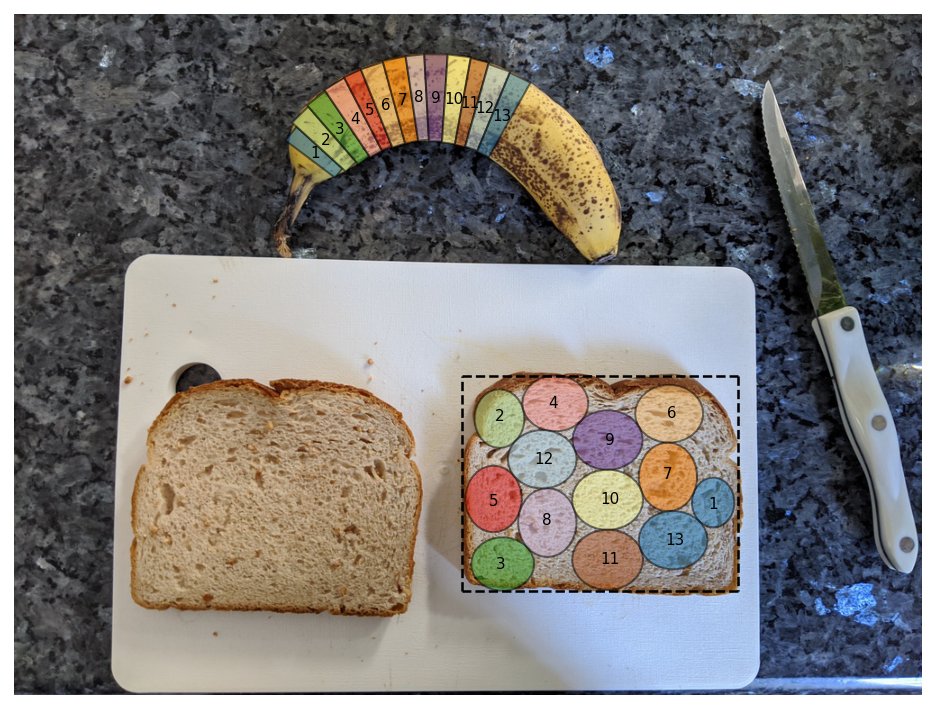Bridgefy is an offline messaging tool - a mobile app that uses Bluetooth to pass encrypted messages around a crowd where there is no internet access.
2/
3/
arstechnica.com/features/2020/…
4/
martinralbrecht.files.wordpress.com/2020/08/bridge…
5/
6/
7/
8/
9/
10/
11/
12/
13/
14/
15/
16/
17/
18/
19/
20/
21/
eof/





